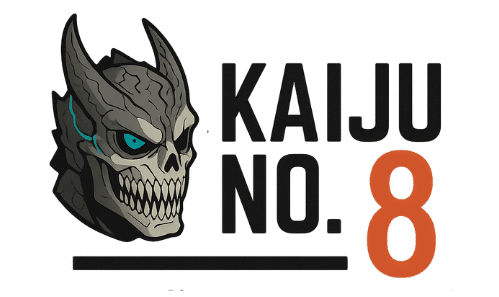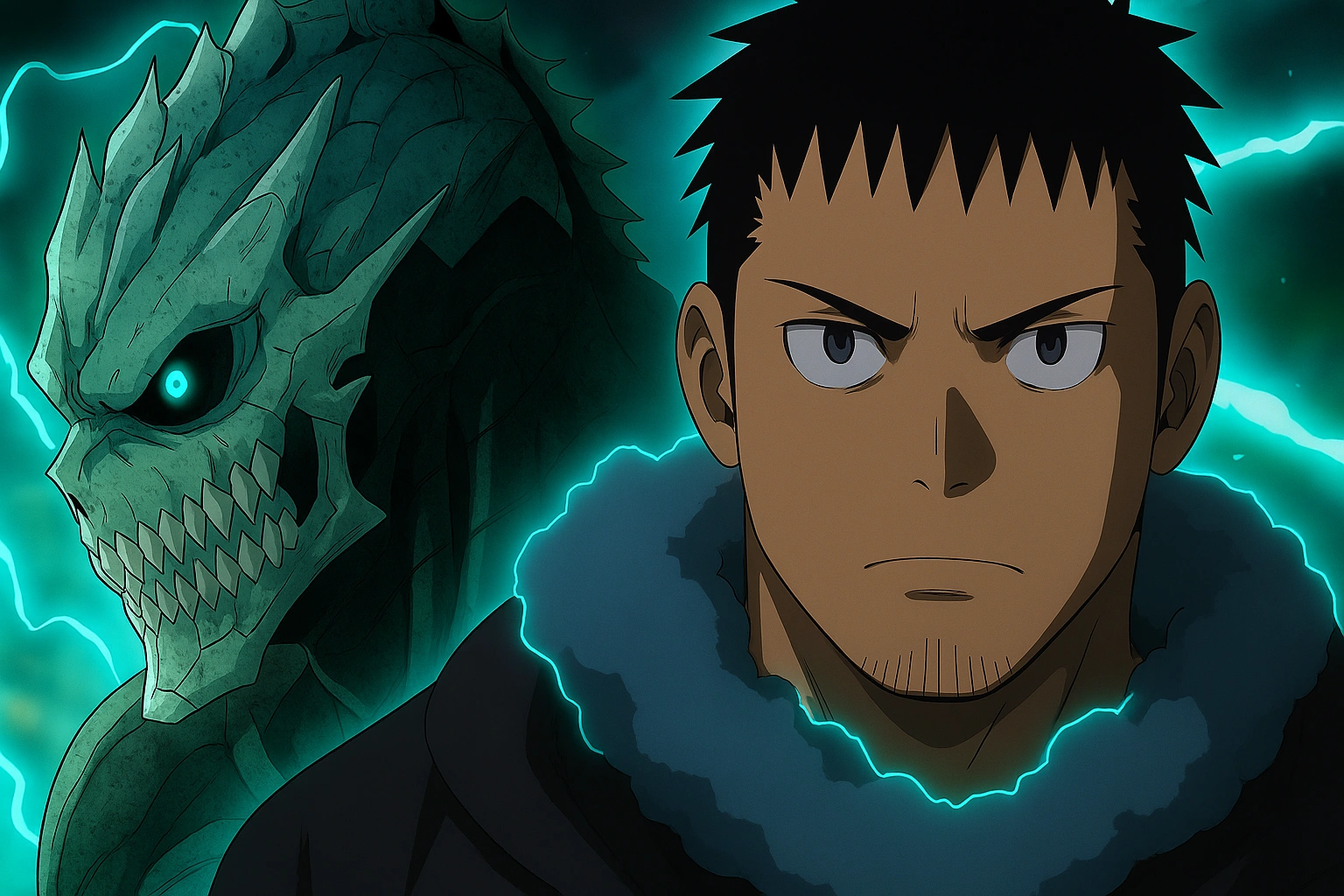Kaiju No. 8 has taken readers on a powerful journey through a world ravaged by evolving monsters, where one man straddles the line between humanity and destruction. After more than 120 chapters, the manga has reached its conclusion, and fans around the world are asking one thing: What happened to Kafka Hibino in the end?
This explanation breaks down the final chapters, Kafka’s fate, the resolution of the kaiju threat, and the message left behind by the story’s powerful conclusion. Whether you’re a dedicated reader or catching up after watching the anime, this guide covers the final battles, character arcs, and the emotional resolution of Kaiju No. 8.
A Quick Recap: Kafka’s Role Before the Final Arc
Kafka Hibino, once a failed Defense Force applicant, became an anomaly when he was transformed into Kaiju No. 8. Rather than succumbing to destruction, he used this monstrous form to fight other kaiju and protect the people he once felt unworthy to defend.
His dual identity put him in constant danger of execution by the very organization he fought to join. Throughout the manga, Kafka’s strength, humanity, and sacrifice allowed him to become the Defense Force’s greatest weapon against the ever-evolving threat of Kaiju No. 9 and other numbered kaiju.
The Final Battle: Kafka vs Kaiju No. 9
In the final arc, Kaiju No. 9 initiates his most calculated and devastating assault on humanity. Now possessing the combined strength of multiple evolved kaiju, No. 9 launches a city-wide invasion, aiming to wipe out the Defense Force leadership and establish kaiju supremacy.
Kafka takes the frontline against No. 9. This is not just a physical battle but a clash of ideologies — one between a monster who chose humanity and a monster who seeks its extinction. Their final fight is brutal, spanning multiple chapters and devastating the battlefield.
Kafka pushes his kaiju form beyond its limits. As No. 9 morphs into increasingly grotesque and powerful forms, Kafka’s determination burns through the chaos. Fueled by his desire to protect Mina Ashiro, Kikoru Shinomiya, and every innocent life, Kafka eventually unlocks a final transformation — a purified version of Kaiju No. 8 that harmonizes human emotion and kaiju instinct.
In the climactic moment, Kafka shatters No. 9’s core with a direct blow, ending the reign of the most intelligent kaiju in history.
Did Kafka Survive the Final Fight?
Kafka does survive the final battle — but at a tremendous cost.
After defeating No. 9, Kafka’s kaiju form begins to destabilize. The fusion that once sustained him begins to collapse under the strain of his final transformation. His body teeters between human and kaiju, no longer able to maintain balance.
But unlike earlier in the series, Kafka no longer fears what he’s become. He accepts both sides of himself and chooses to sacrifice what remains of his power to save humanity. Rather than die in battle, Kafka uses the remnants of his kaiju energy to neutralize the remaining threats across Japan.
By the end, Kafka is alive — but no longer Kaiju No. 8.
Kafka’s Final Fate: A Hero Without a Number
In the final chapter, Kafka Hibino returns as a fully human soldier, his kaiju powers exhausted and irretrievable. He is welcomed back not as a monster, but as a hero.
Mina Ashiro, who fought beside Kafka until the final blow, acknowledges him without words. A silent exchange between them speaks volumes — respect, gratitude, and perhaps the long-awaited emotional closure that fans hoped for.
Kafka is cleared of all charges. The Defense Force, once unsure about his existence, now recognizes him as the one who saved the world. His name is removed from the numbered kaiju list, and history remembers him not as a threat, but as a symbol of hope.
What Happened to the Other Characters?
Mina Ashiro
Mina continues to lead the Defense Force with her usual calm strength. Her relationship with Kafka is never turned romantic explicitly, but their bond is stronger than ever. She is one of the few people who truly understood the burden Kafka carried.
Kikoru Shinomiya
Kikoru emerges as the new generation’s symbol of strength. Inheriting her father’s legacy and inspired by Kafka’s humanity, she becomes a key leader in training future Defense Force members.
Gen Narumi
Narumi survives the final war and becomes head of tactical operations. He acknowledges Kafka’s role and subtly praises him in his own eccentric way.
Kaiju Weapon Suits
All remaining kaiju weapon suits are decommissioned, marking a symbolic end to the age of monster warfare. Humanity now shifts toward peacekeeping and rebuilding.
Themes Resolved in the Ending
The ending of Kaiju No. 8 answers more than plot threads — it brings closure to the deeper questions asked throughout the series:
- What makes someone human? Kafka proved that identity isn’t defined by form but by choice.
- Can monsters change? Kafka’s arc demonstrates that redemption and purpose can be found, even in those feared most.
- What does it mean to protect? Protection in Kaiju No. 8 means sacrifice, loyalty, and refusing to let go of hope, even when the world calls you a threat.
FAQs About the Manga Ending
Is the Kaiju No. 8 manga over?
Yes, the manga concludes with Kafka defeating Kaiju No. 9 and retiring from active combat. It ends on a hopeful note with closure for all major characters.
Does Kafka die at the end of the manga?
No. Kafka survives, but loses his kaiju powers permanently. He returns to human life and is remembered as a hero, not a threat.
Does Mina find out Kafka was Kaiju No. 8?
Yes. Mina is aware of Kafka’s identity and continues to trust and fight alongside him until the final battle. Their bond deepens as a result.
Is there a time skip at the end?
A small time skip shows the world recovering, with the Defense Force training a new generation. Kafka is shown helping rebuild, symbolizing peace.
Will there be a sequel or spin-off?
As of now, the manga ends conclusively. However, hints of a new era of kaiju or a spiritual successor may come in the future, depending on fan demand and publisher plans.
Conclusion: Kafka’s Legacy Lives On
The Kaiju No. 8 manga ends not with a bang, but with meaning. Kafka Hibino’s journey from a failed janitor to a legendary protector is a story of redemption, sacrifice, and inner strength. The final chapter closes the book on his transformation — not just into a kaiju, but into someone who became more human through suffering.

